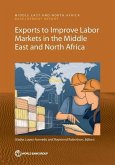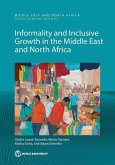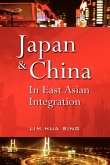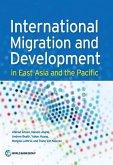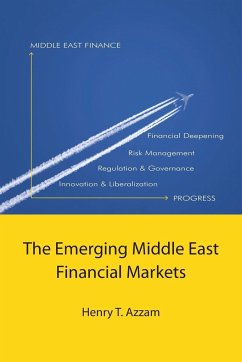The East Asian crisis has had serious consequences for workers throughout the region. Unemployment has risen, earnings have fallen, and working conditions have been endangered. The resulting poverty, declines in living standards, and social tension have threatened the gains achieved during the preceding 2 decades of growth. They have also raised difficult questions about the development track in East and SE Asia and the social protection it has afforded. Over 2 years after the crisis started, there is evidence of macroeconomic stabilization and recovery in the region. However, for millions of workers in East Asia, social and economic hardship continues. For governments, important challenges remain not only to alleviate the hardship but also to build a sustainable path toward future prosperity. In 1998, the World Bank and the International Labor Organization (ILO) initiated a project on labor markets and the East Asian crisis. This was 1 element in the larger collaboration between these 2 institutions to support the region in responding to the social dimensions of the crisis. The labor market project covered the 5 most affected countries-Indonesia, Korea, Malaysia, the Philippines, and Thailand-and was designed to stimulate analysis and policy dialog within the context of international experience. This volume includes papers from a 3-day workshop (Tokyo, October 1999) convened to further the dialog regarding international experience and best practice in labor policy. Part 1 features reports prepared by national experts. Each report begins with an empirical overview of recent labor market trends in the country and then reviews current policies in employment creation and maintenance, income support for unemployed workers, employment services, and vocational education and training. Part 2 examines the international experience and applies it to the Asian context.

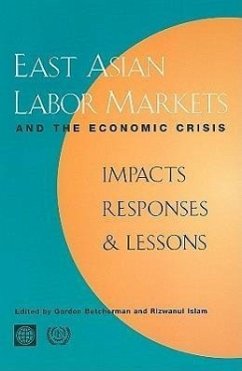
![East Asian Finance: The Road to Robust Markets [With CDROM] East Asian Finance: The Road to Robust Markets [With CDROM]](https://bilder.buecher.de/produkte/54/54713/54713377m.jpg)
